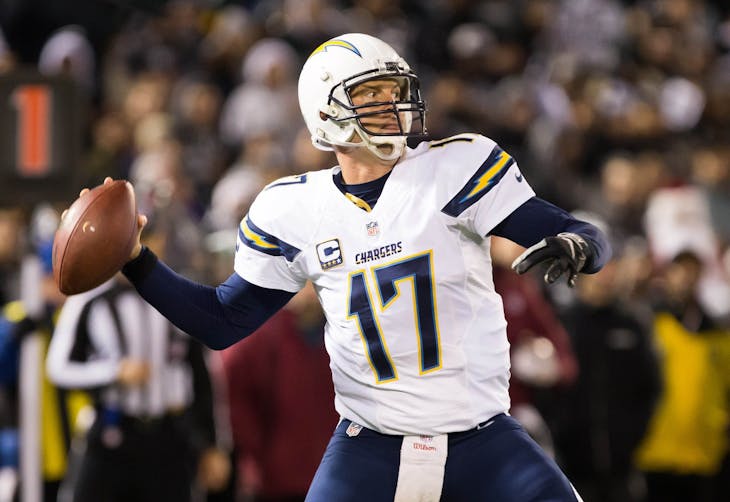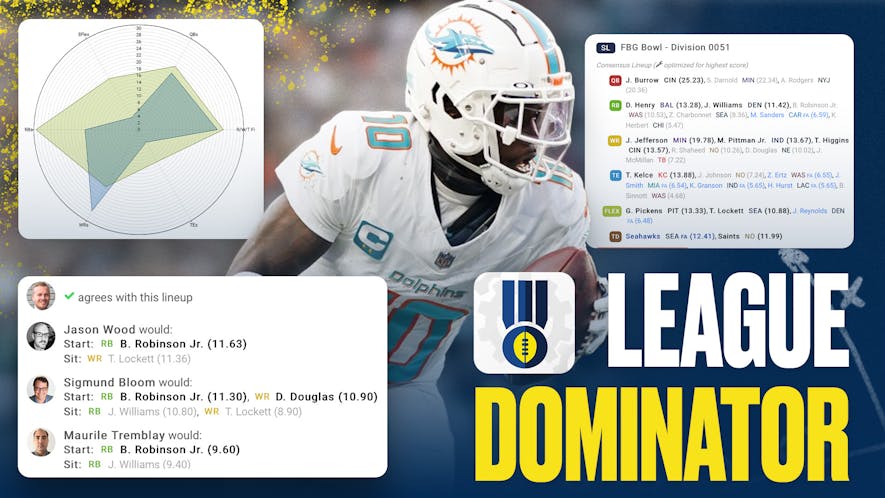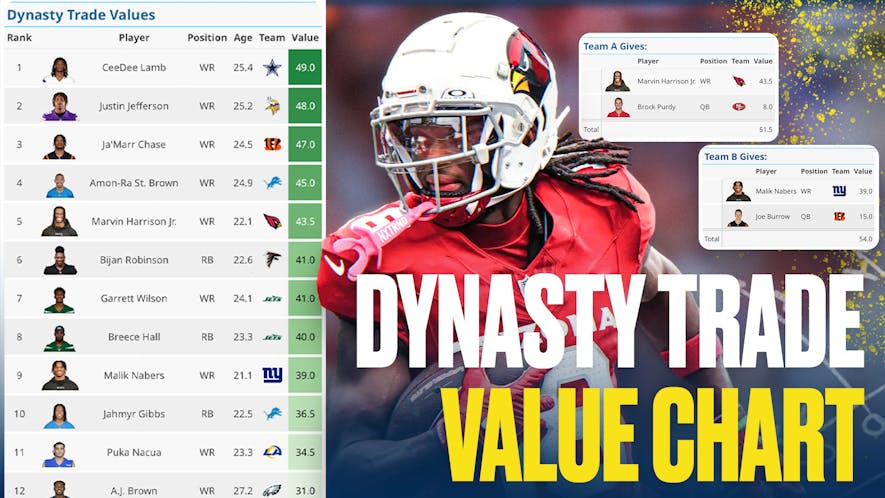
Setting the Stage
Philip Rivers was born in Decatur, Alabama and played high school football for his father, Steve Rivers. Rivers’ first start was in the 7th grade and he never was on the bench again until his rookie season in the NFL. Rivers has worn the number 17 since late in junior high to honor his father, who wore that number when he played. As a senior, he was recruited by both Alabama and Auburn, but decided to attend North Carolina State, where he would have a better chance to start at quarterback. He graduated high school early and entered North Carolina State in January of 2000, attending the team’s spring practices later that semester. The decision to leave high school early and join the Wolfpack could not have gone better for the team or Rivers. He started all 51 games of his collegiate career, setting the all-time NCAA record. He played well from the beginning, but was amazing as a senior, completing 72.0% of his passes for 4,491 yards (10.1ypa) and passing for 34 touchdowns with only 7 interceptions.
Rivers was projected to be an early first-round selection in the NFL’s 2004 draft, but there were some questions about his arm strength and particularly his non-standard side arm throwing motion. Seventeen quarterbacks were taken in the draft, including four in the first round, three of whom (Rivers, Eli Manning and Ben Roethlisberger) seem like locks for the Hall of Fame. The 2004 quarterback class has been compared favorably with the 1983 class, which included John Elway (1st), Jim Kelly (14th) and Dan Marino (27th).
In addition to the strength of the quarterbacks, this draft also added significant drama as though San Diego was said to favor Eli Manning at first overall, the Manning family let it be known that Eli would not sign with the Chargers. The Chargers agreed to a draft day trade receiving Philip Rivers, a 3rd round pick in 2004 and 1st and 5th round picks in 2005.
Rivers got minimal game experience in his first two seasons as Drew Brees put together his best two seasons in San Diego. However, Brees suffered a severe shoulder injury in the final game of the 2005 season and the Chargers allowed him to leave. Rivers has started every game since for the Chargers for ten striaght seasons.
The team has had mixed results, but Rivers has been a steady force for them. He has only finished outside the top twelve in fantasy in two of the ten years and has finished within the top five three times. Over the past three seasons, Rivers has averaged a 67.3% completion rate, 4,519 passing yards and 31 TDs and 14 interceptions.
Career Statistics
| Year | Games | Comp | Att | % Comp | Yards | ypa | TDs | ints | Rushes | Yards | TDs |
| 2004 | 2 | 5 | 8 | 62.5% | 33 | 4.13 | 1 | 0 | 5 | -5 | 0 |
| 2005 | 3 | 12 | 22 | 54.5% | 115 | 5.23 | 0 | 1 | 8 | -1 | 0 |
| 2006 | 16 | 284 | 460 | 61.7% | 3,388 | 7.37 | 22 | 9 | 48 | 49 | 0 |
| 2007 | 16 | 277 | 460 | 60.2% | 3,152 | 6.85 | 21 | 15 | 29 | 33 | 1 |
| 2008 | 16 | 312 | 478 | 65.3% | 4,009 | 8.39 | 34 | 11 | 31 | 84 | 0 |
| 2009 | 16 | 317 | 486 | 65.2% | 4,254 | 8.75 | 28 | 9 | 26 | 50 | 1 |
| 2010 | 16 | 357 | 541 | 66.0% | 4,710 | 8.71 | 30 | 13 | 29 | 52 | 0 |
| 2011 | 16 | 366 | 582 | 62.9% | 4,624 | 7.95 | 27 | 20 | 26 | 36 | 1 |
| 2013 | 16 | 338 | 527 | 64.1% | 3,607 | 5.84 | 26 | 15 | 27 | 40 | 0 |
| 2013 | 16 | 378 | 544 | 69.5% | 4,478 | 8.23 | 32 | 11 | 28 | 72 | 0 |
| 2014 | 16 | 379 | 570 | 66.5% | 4,286 | 7.52 | 31 | 18 | 38 | 104 | 0 |
| 2015 | 16 | 438 | 662 | 66.2% | 4,793 | 7.24 | 29 | 13 | 17 | 28 | 0 |
| Totals | 165 | 3,463 |
5,340 |
64.9% | 41,449 | 7.76 | 281 | 135 | 305 | 542 | 3 |
Looking Forward to 2016
After two years of futility in Tennessee, Ken Whisenhunt was fired as their head coach and returns to the Chargers as offensive coordinator. He was previously their offensive coordinator in 2013, after Whisenhunt was fired in Arizona. Whisenhunt maximized Rivers talents and that combination led to Rivers being named the NFL’s Comeback Player of the Year. His return is a definite positive factor for Rivers’ play in 2016.
The Chargers should have a healthy Keenan Allen leading their wide receivers. A year ago, Allen caught 67 passes for 725 yards in the first eight games, but suffered a lacerated kidney and missed the remainder of the season. Travis Benjamin capitalized on an outstanding 2015 season with the Browns, signing a four-year $24 Million contract, with $13 Million guaranteed. He immediately becomes the team’s second starting wide receiver. Antonio Gates returns signing a two-year $11 Million contract with $6 Million guaranteed. Gates also missed time last season, only playing in 11 games, but he averaged a little over 5 catches per game. The passing offense could also get a lift from rookie Hunter Henry, drafted in the second round. Henry has some work to do on his blocking, but he is a sure handed efficient route runner who could have more opportunities than most rookie tight ends get to make plays.
Melvin Gordon, drafted in the first round a year ago is recovering from microfracture surgery on his knee in January. By all accounts he should be ready for the beginning of the season, but his play was disappointing in his rookie season. He only had two games with over 15 rushes and averaged a mediocre 3.5 yards per carry while failing to score a single touchdown. He was a capable receiver with 33 catches on 37 targets, but for only 192 yards. It would be a stretch for him to significantly improve, coming off that January surgery. Danny Woodhead has made a career as a back-up running back that produces when injury removes the top back. He has always been a decent runner, but an excellent receiver, but he had a career season last year in the passing game with 81 receptions for 756 yards and 6 TDs. He also rushed for 335 yards and 3 TDs. Brandon Oliver, third on the running back depth chart is also a better receiver than pure runner. Even if the Chargers want to run the ball more often, their skill position players are better used in the passing game.
The Chargers defense has been up and down over the past several years. A year ago they ranked 20th (362) in yards and 21st (24.9) in points allowed. They added two decent defenders in free agency, Casey Hayward CB and Brandon Mebane DT. However, they lost Eric Weddle, the heart of their defense to Baltimore. They will likely be below average again on the defensive side.
Positives
• Rivers remains their offensive leader and fits well with Whisenhunt
• His production the past three years has been among his best seasons, averaging 4,519 passing yards , 31 TDs and 67.3% completion rate
• New wide receiver Travis Benjamin should be an excellent complement to Keenan Allen and Antonio Gates should continue to productive as his career winds down
• The strength of their running backs is in the passing game
Negatives
• The offensive line is not highly ranked and considered to be worse in the passing game than the running game
• The Chargers tied for 2nd in pass attempts a year ago, so that number should decrease
Projections
| Name | Games | Comp | Att | Yards | TDs | int | Rush Yds |
| David Dodds | 16 | 392 | 575 | 4,301 | 29 | 14 | 58 |
| Bob Henry | 16 | 395 | 595 | 4,480 | 30 | 14 | 50 |
| Jason Wood | 16 | 420 | 630 | 4,650 | 29 | 14 | 35 |
| Maurile Tremblay | 16 | 415 | 630 | 4,475 | 26 | 12 | 32 |
| Stephen Holloway | 16 | 430 | 640 | 4,860 | 31 | 12 | 25 |
Final thoughts
Rivers is an excellent high floor quarterback that does not mandate an early pick. His current ADP is QB11 and is in a rather large group of similarly ranked players. The strength of the offense is on the passing game and they will likely be in several catch-up situations again this year. Their top two receivers are more talented than last year’s group. However, they almost led the league in pass attempts a year ago which might be difficult to match.
Other’s Thoughts
Alex Gelhar on NFL.com “Philip Rivers tops late-round fantasy draft QB values”
Below are six of my favorite late-round quarterback targets based on their current ADP.
THE CROWN JEWEL: PHILIP RIVERS, SAN DIEGO CHARGERS
As of right now, Philip Rivers is the crown jewel of the late-round quarterback strategy. He's hovering around the 11th or 12th signal-caller drafted across NFL.com, MyFantasyLeague.com, and FantasyFootballCalculator.com, presenting a massive value for those waiting on the position. Rivers is falling in drafts after finishing as the QB12 last season, but that was largely due to the inordinate amount of injuries that befell the poor San Diego offense. Keenan Allen, Ladarius Green, Malcom Floyd, Stevie Johnson, Antonio Gates, and Melvin Gordon all missed portions of the season, while Rivers' offensive line was decimated with injuries across the board. Heading into 2016, Rivers should have his full complement of weapons, with the younger, speedier Travis Benjamin joining the squad to replace the departed Floyd. Plus, he welcomes back Ken Whisenhunt as his offensive coordinator -- an addition that can't be discounted.
TJ Hernandez on 4for4.com "How Whisenhunt Impacts the Chargers"
Ken Whisenhunt might have the most relevant play-calling history of any coach in this series, as he was running San Diego’s offense just three seasons ago and most of the relevant skill positions from that 2013 roster remain intact. By considering Whisenhunt’s history in terms of pass/run splits and player touch shares, this study will focus on the aspects of the offense that are most impacted by play calling.
Jason Wood in his player comments on Footballguys.com – Every year fantasy owners count Rivers out, and every year he makes them pay for their myopia. This season the Chargers get Keenan Allen back healthy and add an underrated Travis Benjamin to the mix. As long as Rivers is healthy, he’s a fantasy QB1.


